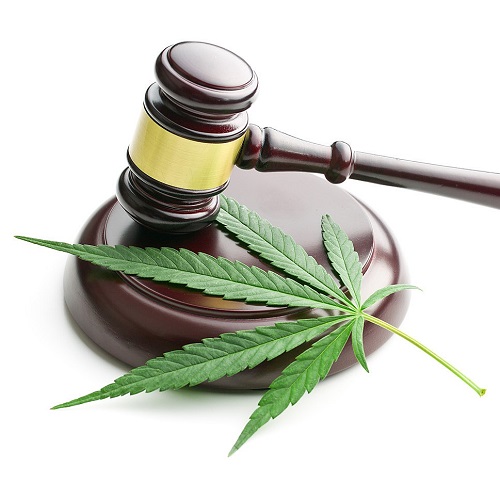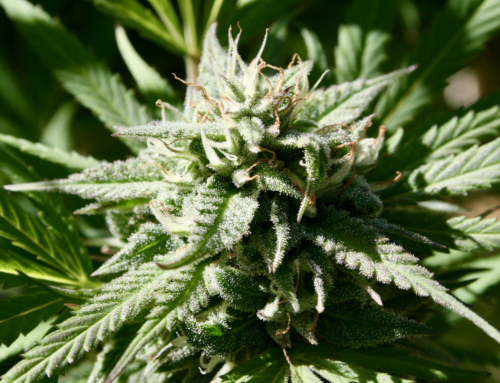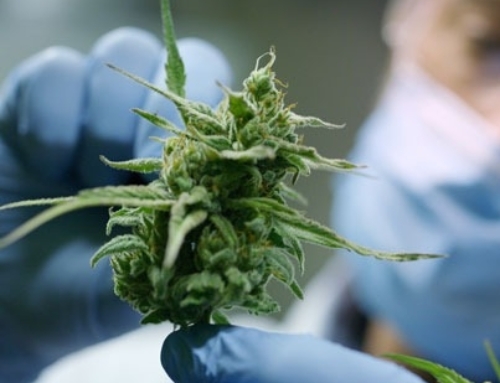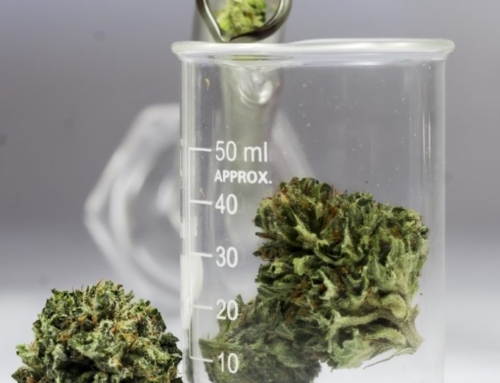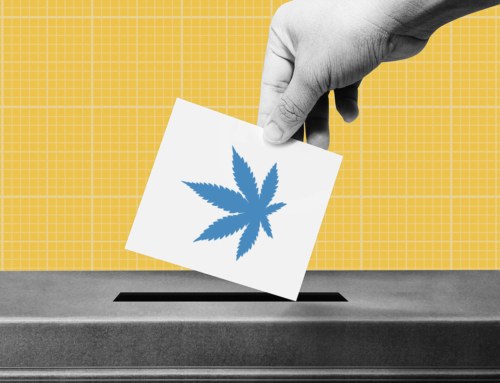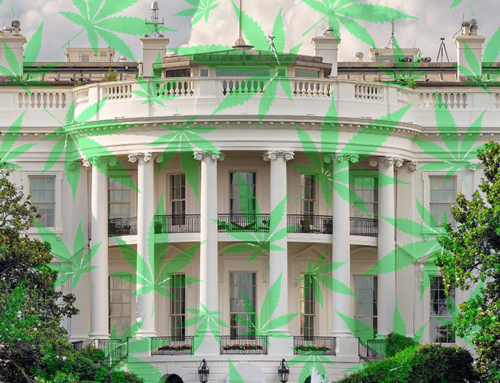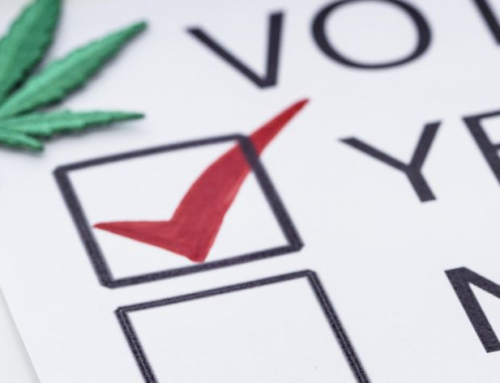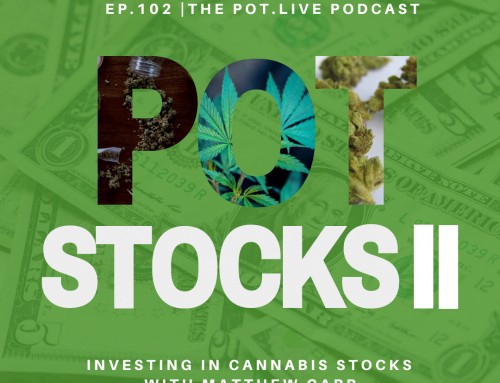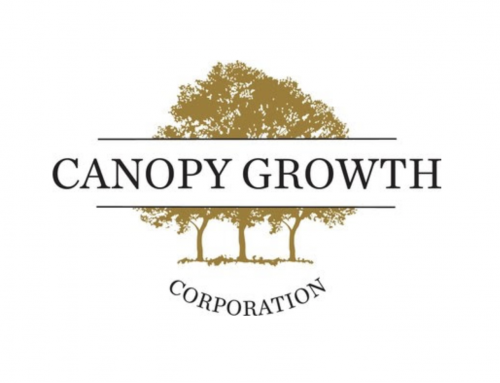To those considering involvement in the medical marijuana business community, Ansell Grimm & Aaron Shareholder Joshua S. Bauchner has two words of counsel: “Apply now.”
As widely reported, New Jersey Governor Phil Murphy recently signed a bill overhauling New Jersey’s medical marijuana program. The Jake Honig Compassionate Use Medical Cannabis Act increases the amount of marijuana patients can purchase each month from two ounces to three ounces; removes limits for terminally ill patients, and legalizes edible forms of the drug.
Murphy tweeted, “I was proud to sign the Jake Honig Compassionate Use Medical Cannabis Act into law, honoring Jake The Tank’s life by expanding medical marijuana access for patients. We must continue to expand access to this life-changing medical treatment.” It is worth noting that the governor signed the bill a day after his administration announced plans to issue 24 additional MMJ licenses. More information on Senate Bill No. 1955, sponsored by Senator Vin Gopal and Senator James Beach follows:

SYNOPSIS
“Jake Honig’s Law”; removes limits on the amount of medical marijuana that may be dispensed at one time and expands access to edible forms, including oils. Section 7 of P.L.2009, c.307 (C.24:6I-7) pertaining to “alternative treatment centers” was amended to read as follows:
7. a. The department shall accept applications from entities for permits to operate as alternative treatment centers and may charge a reasonable fee for the issuance of a permit under this section. The department shall seek to ensure the availability of a sufficient number of alternative treatment centers throughout the State, pursuant to need, including at least two each in the northern, central, and southern regions of the State.
The first two centers issued a permit in each region shall be nonprofit entities, and centers subsequently issued permits may be nonprofit or for-profit entities. An alternative treatment center shall be authorized to acquire a reasonable initial and ongoing inventory, as determined by the department, of marijuana seeds or seedlings and paraphernalia, possess, cultivate, plant, grow, harvest, process, display, manufacture, deliver, transfer, transport, distribute, supply, sell, or dispense marijuana, or related supplies to qualifying patients or their primary caregivers who are registered with the department pursuant to section 4 of this act.
An alternative treatment center shall not be limited in the number of strains of medical marijuana cultivated, and may package and directly dispense marijuana to qualifying patients in dried form, oral lozenges, topical formulations, or edible form, or any other form as authorized by the commissioner.
Edible form shall include tablets, capsules, oils, drops or syrups, and any other form as authorized by the commissioner. [Edible forms shall be available only to qualifying patients who are minors.]
Applicants for authorization as nonprofit alternative treatment centers shall be subject to all applicable State laws governing nonprofit entities, but need not be recognized as a 501(c)(3) organization by the federal Internal Revenue Service.
7.b. The department shall require that an applicant provide such information as the department determines to be necessary pursuant to regulations adopted pursuant to this act. New Jersey’s new medical cannabis law puts in place a number of changes designed to increase licenses and patient access, although some of those already have been announced or instituted by Murphy’s administration.
If you have questions about how the new rule may impact you, please click this link to email me directly to set up a convenient time to connect.

